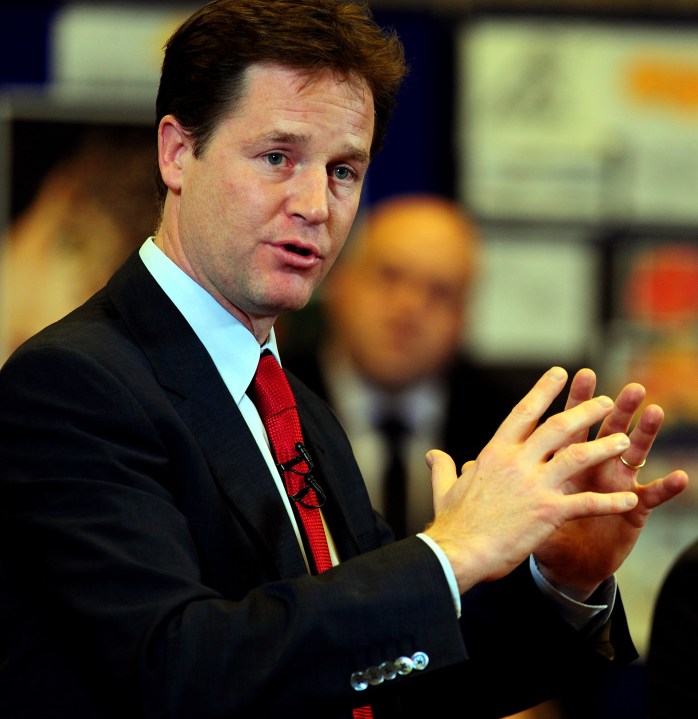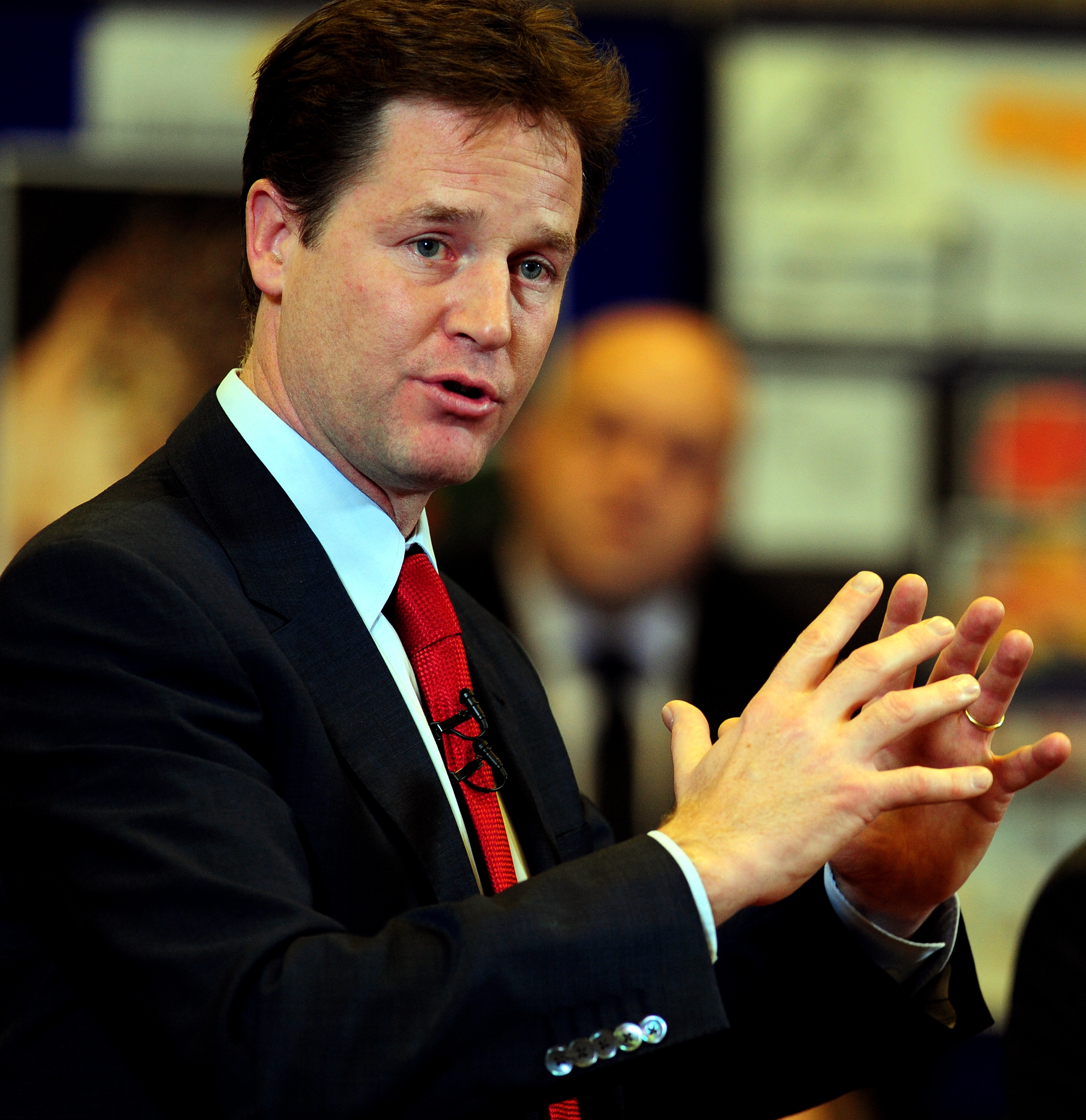 It’s fast becoming a tradition: when the IFS calls the government’s work
“regressive,” send for Nick Clegg to take the think tank on. He wrote an article for the FT
debunking their analysis back in August. And, today, he does the same via an interview in the Guardian. It’s
pretty forceful stuff from the Deputy PM, as this quote testifies:
It’s fast becoming a tradition: when the IFS calls the government’s work
“regressive,” send for Nick Clegg to take the think tank on. He wrote an article for the FT
debunking their analysis back in August. And, today, he does the same via an interview in the Guardian. It’s
pretty forceful stuff from the Deputy PM, as this quote testifies:
Clegg’s exactly right: tax and benefit changes do not cover the entire scope of government policy. It is wrong to judge the Spending Review by them alone. But, to be fair, the IFS does have two mitigating factors in its favour. First, it was the coalition itself that used this “slightly desiccated Treasury measure” to describe June’s Emergency Budget as “progressive”. And second, as I pointed out yesterday, the IFS did actually stress the inadequacies of a straight tax and benefit analysis. They even spent a quarter of their briefing investigating how public services can be better accounted for in those infamous decile charts.“I think you have to call a spade a spade. We just fundamentally disagree with the IFS. It goes back to a culture of how you measure fairness that took root under Gordon Brown’s time, where fairness was seen through one prism and one prism only which was the tax and benefits system. It is a complete nonsense to apply that measure, which is a slightly desiccated Treasury measure. People do not live only on the basis of the benefits they receive. They also depend on public services, such as childcare and social care. All of those things have been airbrushed out of the picture by the IFS.”
In many respects, it’s a shame that these nuances are being erased from the debate – but you can’t really blame Clegg for that. The coalition’s opponents have pounced unambiguously on the IFS’s use of the word “regressive,” and the coalition is almost obliged to strike back. It is at once a rather infantile and utterly crucial situation. After all, this presentational battle over “fairness” could influence everything from the government’s ability to cut the deficit, to the Lib Dems’ willingness to be a part of it. As the deputy PM puts it in his Guardian interview, “this is a really serious time.”







Comments